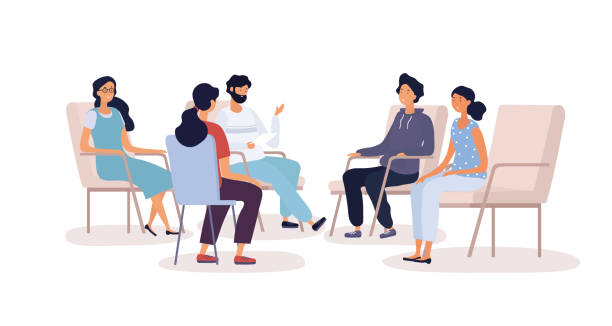Have you experienced or come through your close ones or anyone in particular who might be showing signs of alienation, mood swings, crying without reason or uninterested in doing their favourite activities or things they once enjoyed immersing into? When it comes to physical illness, people are quick to treat or recover from it. Still, when a person has a mental illness, most people in India and worldwide slack off taking it seriously or treating it. Having the truthful information, knowledge and importance of mental illness is as critical as having the courage to accept it.
What is Mental Illness?
Mental illness is an illness of the brain that generates disturbance in the behaviour, thinking process, regular habits and lifestyle of the person suffering from it. It can be caused due to genetics, experiencing trauma, chemical imbalance in the brain and having medical conditions.
Following are the most common mental illnesses:
- Anxiety Disorder.
- Depression.
- Bipolar Disorder.
- Schizophrenia, etc.
According to Mental Health Statistics 2020, 13% of the world’s population is affected by Mental Illness. The World Health Organization(WHO) data shows that one in four people globally has a mental illness. Around two-thirds of the people who have mental illness never seek professional help. Various studies have concluded that the pooled relative mortality risks among people with a mental illness are increasing. It has been estimated that approximately 7.8 million deaths each year are attributed to mental disorders.
When it comes to awareness about mental health and its treatment, people still don’t know much about it. In general, being aware of anything leads to good prevention and immaculate treatment of it. The biggest reason for the stagnant in the progression of awareness and treatment of mental health is the stigma attached to it. People tend to stick negative stigmas to mental illness far more than other diseases, making it complicated and overwhelming for the patient to receive any treatment.
Mental illness affects a person’s cognitive behaviour. It generates physical ailments like stomachache such as bloating and digestive complications, muscle tension, regular insomnia, frequent headaches, restlessness, dizziness, eating disorders like anorexia nervosa and bulimia, which eventually contributes to the cycle of psychological illness.
Treatments for Mental Illness
- Cognitive Behavioural Therapy(CBT)

Cognitive Behavioural Therapy(CBT) is a common type of talking therapy where the patient communicates their thoughts, feelings, physical sensations and actions, which are interconnected with the mental health counsellor or therapist. This sort of therapy helps you deal with the overwhelming emotions and problems in a more positive way.
- Medication
Articulating your feelings in a systematic order and putting it out there in front of the healer or counsellor is necessary but what helps in the chemical imbalance is medication. Medication and CBT together prove to relieve a mental health sufferer faster.
- Support Groups
Support Groups consists of people who have had the symptoms of clinical depression, anxiety disorders or any other mental illness and are ready to share their feelings with people who have been through the same. It gives them the safe space to voice out their trauma and problems, let out all their negative emotions and believe that they are not alone.
Getting professional treatment or help is one and the most important thing to be conscious of. Still, we should also inform people about what they as fellow human beings can do to help the people suffering from mental instability around them!?
- Accepting the reality that they or their close ones have a mental illness.
- Being generous towards themselves and the suffering people.
- Advocating themselves about mental health.
- Be patient with the people suffering from it.
- Accepting and listening to what they are feeling in the moment.
- If anyone around them shows signs of mental illness, ask them how they are feeling.
- Stop avoiding or ignoring the changes in the behaviour and habits of the suffering person.
Being Aware is the first step of becoming the change.
Article Proofread and Edited by Shreedatri Banerjee






